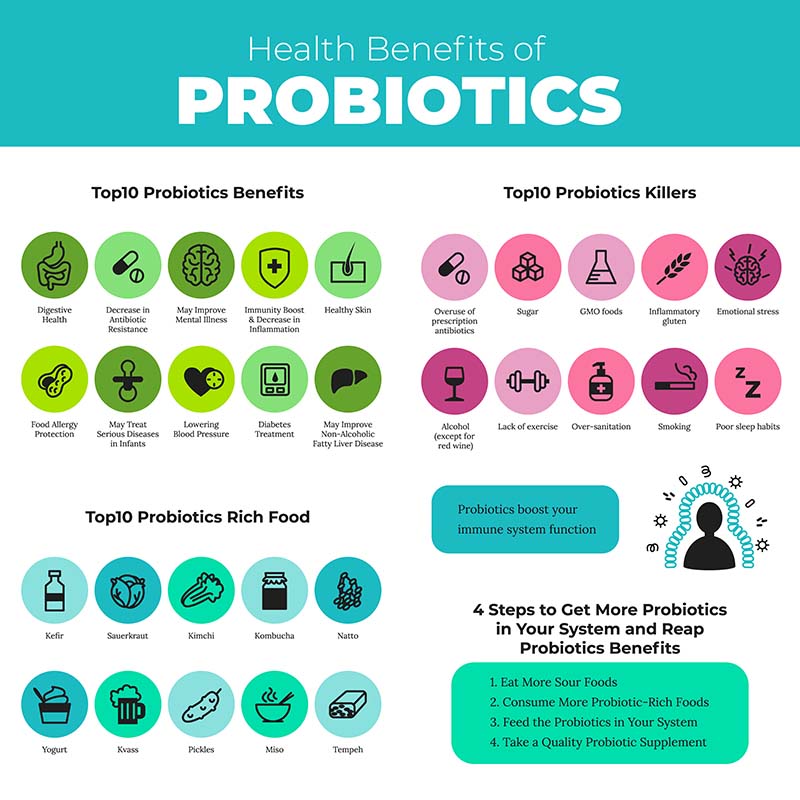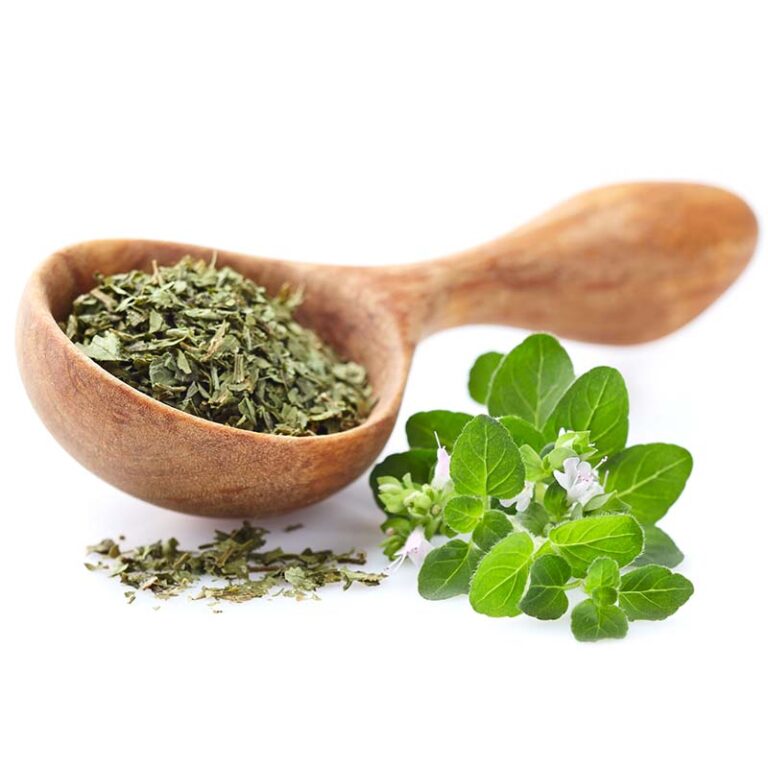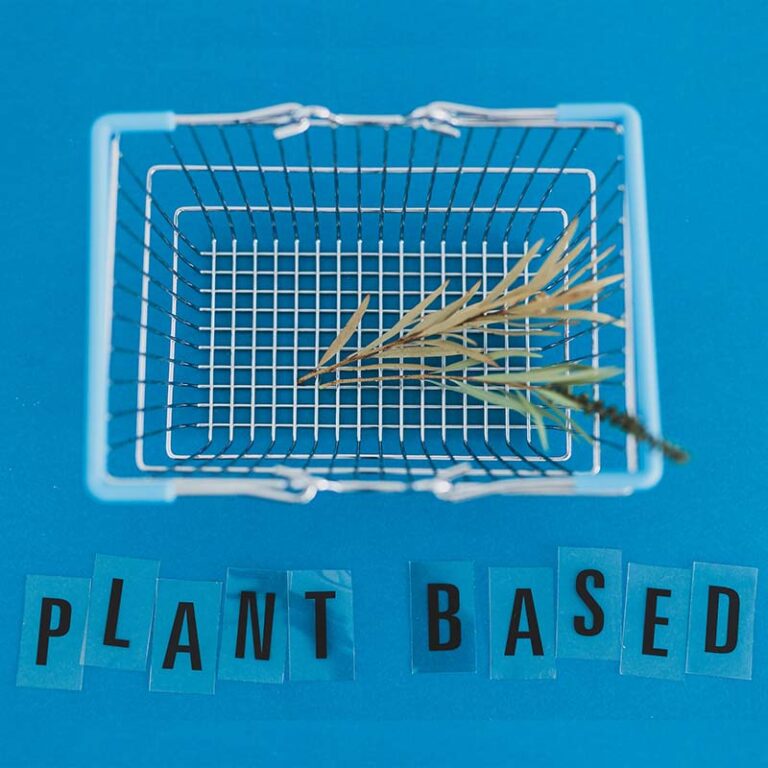The Benefits of Taking Prebiotics and Probiotics
First, what is a prebiotic and what is the difference between prebiotics and probiotics?
A prebiotic is a compound in food that induces the growth of beneficial bacteria in the gastrointestinal tract. Prebiotics come in the form of mostly soluble fiber such as beans, flax, nuts (such as almonds), and oats and supplements. This is very beneficial if you have taken any form of antibiotics in the last year. Antibiotics can wipe out all good bacteria along with the bad.

The use of antibiotics has increased dramatically in the US and the connection of the American diet and heart disease, high cholesterol, type 2 diabetes, and lower immune systems have increased our dependency on antibiotics as lower immunes systems expose us to a slew of colds and bacterial infections. Antibiotics found in most meat products contribute to the loss of healthy bacteria in the intestines as well. Prebiotics are necessary to replace the healthy bacteria in the small intestine. Probiotics are live microorganisms that exist in foods (such as yogurt) and supplements that aid in digestive health by contributing to healthy bacteria in the digestive tract. Both prebiotics and probiotics are beneficial in maintaining a healthy digestive system. Research shows that probiotics can aid in several health problems such as irritable bowel syndrome, allergic disorders such as eczema and hay fever, periodontal disease, and liver disease. In people who are generally healthy probiotics and prebiotics are a good choice in maintaining a healthy digestive system. People with serious medical problems should consult with your doctor before adding prebiotics or probiotics to your daily regimen.
If you would like to learn more, please leave a comment below and I would be happy to point you to some helpful resources that would give you more information to see if probiotics and prebiotics are right for you.






